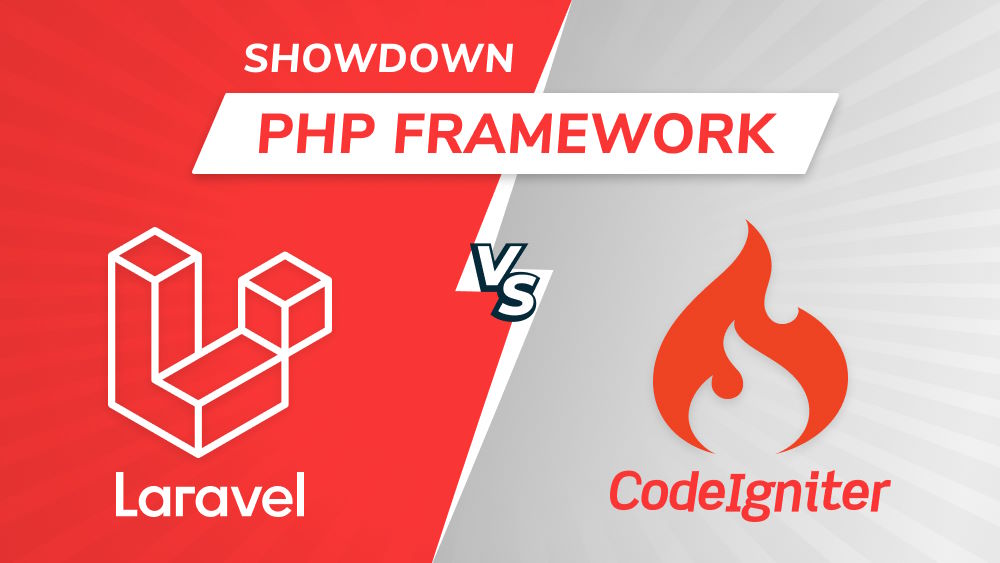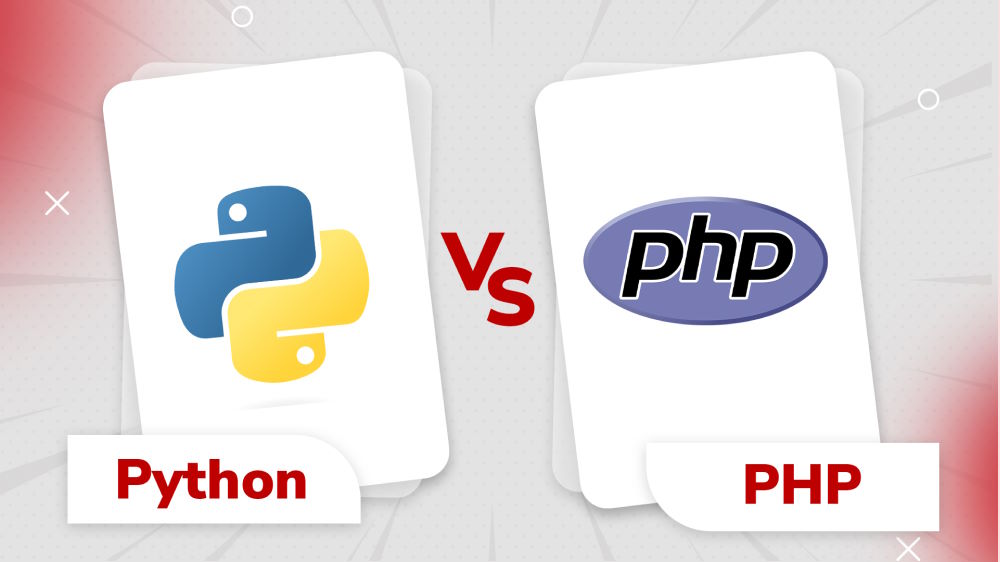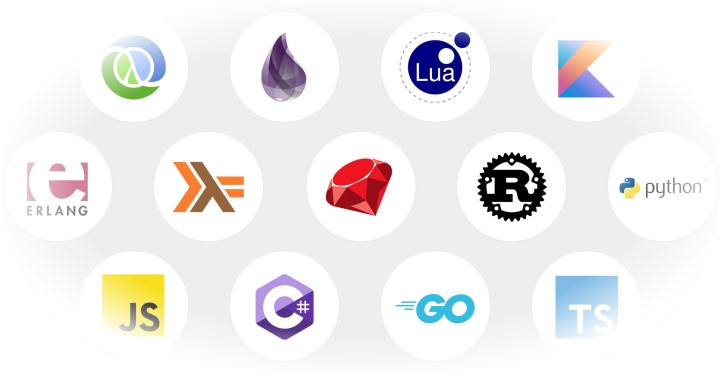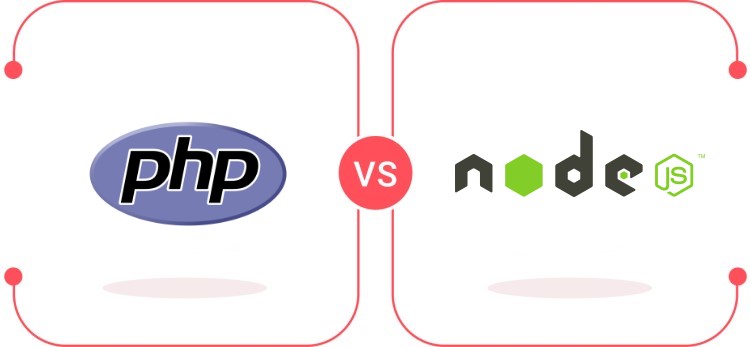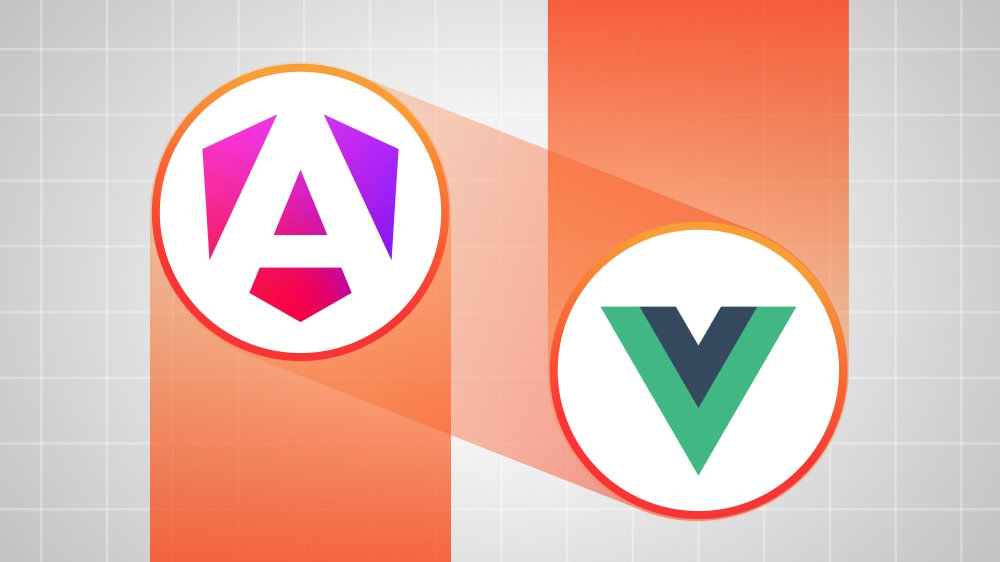PHP Vs. Java: Making the Right Decision for Your Web Development Project
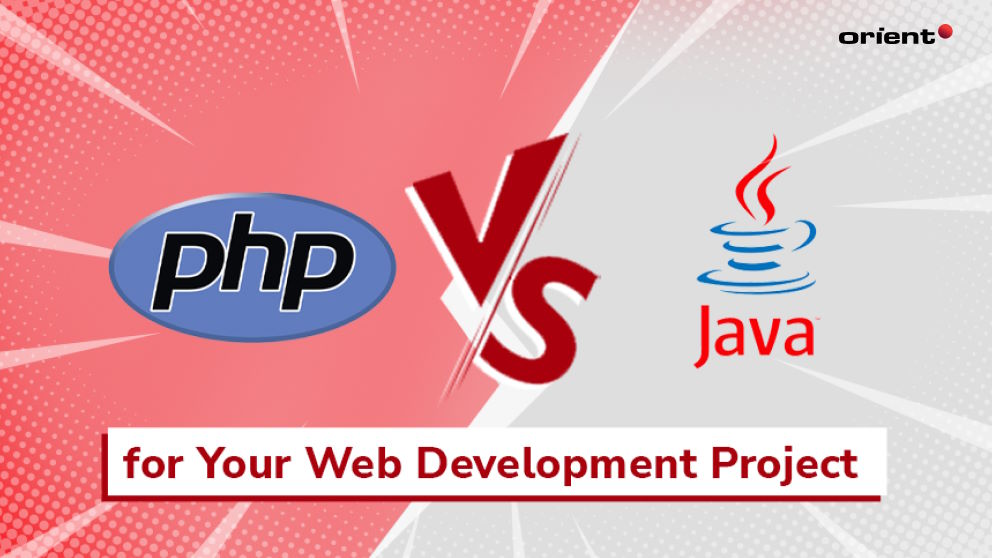
Content Map
More chaptersWith over 700 programming languages available, which comes to mind first when working on a web development project? Is it JavaScript, Java, Python, PHP, or C+, as they are among the most popular programming languages? Depending on the vision and goal of your project, you are often put in the position of choosing between two seemingly similar tools. For example, if you are looking for an object-oriented programming language, you might wonder whether to use Java or C++, or you might need to compare Node.JS and PHP for backend programming for web and app development, and the list goes on.
Today’s article is going to dive deep into the similarities and differences between PHP and Java. With approximately 457,500 websites using PHP, this programming language has its largest market share in the U.S. Java, on the other hand, is the second most prevalent programming language, with a market share of 15.73 %.
Both PHP and Java are popular tools for web application development, but there are still important distinctions. But first, we need to understand what PHP and Java is.
Understanding PHP Programming Language

According to its website, PHP (Personal Home Page or Hypertext Preprocessor) is “a widely-used open-source general-purpose scripting language that is particularly made for web development and can be embedded into HTML.”
In other words, PHP is a server-side programming language that is mostly utilized for DevOps tools and web development. Web pages are more dynamic and engaging because of their smooth interaction with HTML.
One of PHP’s most significant contributions is the development of a Content Management System (CMS). Popular CMS systems like WordPress, Drupa, and Joomla all use PHP. Other famous companies using PHP include Facebook, Slack, Wikipedia, 9GAG, iStock, Yahoo, etc.
Back-end and full-stack developers widely employ PHP because of its versatility. As an open-source language, there are abundant online resources and a thriving community available for those interested in learning the language.
Features
PHP is commonly used for web development. It is a back-end scripting language used to create server-side dynamic web pages. These web pages are built with an application server that processes scripts in the backend to control their construction and display different content each time they’re viewed while keeping the same design. PHP has a number of notable features.
- As an open-source programming language, PHP codes are free to modify to meet a developer’s needs. The codes can then be shared to contribute to the community.
- PHP has a strong and supportive community that you can go to when starting to learn the language. PHP documentation is also abundant, so one is given plenty of opportunities to learn and improve.
- PHP is an interpreted language. What this means is that after learning the first line of code, the machine will complete the action and then move on to the next line. PHP developers can see how the code is doing in real time, which makes debugging easier.
- Being a flexible programming language, you can run PHP scripts on a PC, table, or even mobile.
- Other than being flexible, it is also compatible with a variety of databases. PHP can easily be embedded into HTML, XML, and JavaScript, which makes it an ideal programming language for building dynamic web applications.
- Regarding security, PHP has a set of functionalities for data encryption. Developers can also use third-party applications for PHP security.
When to Use PHP
A developer should consider choosing PHP as a backend language when they are working on:
- Server-side scripting. This is PHP’s strongest point.
- Command-line scripting. PHP works well for scripts created with Task Scheduler (Windows) or Cron (Linux)
- Desktop applications. PHP can be considered as one of the choices to build desktop applications, though experienced developers most certainly prefer other languages.
PHP is also a great choice when your priority is speed and a flexible and lightweight programming language.
Understanding Java Programming Language

Java is an object-oriented, class-based programming language that aims to have minimal implementation requirements. It is a Java Virtual Machine (or JVM) introduced in 1995 by Sun Microsystems.
Java programming language is a two-stage programming language. In other words, it is a compiled language and an interpreted one as well. The code is first compiled and translated into a binary form called Java Byte Code (JBC). The JBC is compiled and translated again in every platform that supports Java Runtime Environment, or JRE. This beneficial feature is known as the “Write once, run anywhere (WORA)” philosophy.
Java developers can use the language to work on a variety of projects, comprising mobile app development, web development, software development, big data, and AI projects.
Large organizations like Uber, eBay, Google, and Microsoft use Java due to its impressive features like automatic memory management and stability, which we will dive deeper into next.
Features
The major features of Java include:
- Java is a simple and easy-to-learn coding language.
- The language is platform-independent. The compiled bytecode is not bound to any specific platform.
- Java’s “Write Once, Run Anywhere” (WORA) concept and platform-independent feature make it portable. This means that Java developers can write the code once and yield the same result across different platforms. With different versions of JVM for different platforms, the JVM on every system converts the bytecode into the appropriate machine code for that specific platform.
- Being an object-oriented language means that Java treats everything as an “object” and scales easily.
- Java is also known for its security features. Java development allows the minimization of digital threats like eavesdropping, tampering, virus threats, and so on. It provides developers with encryption and decryption features.
- Java is robust due to its strong management, elimination of pointers to avoid any security vulnerability, and automatic garbage collection.
When to Use Java
Consider using Java for your projects when:
- You are a large organization
- You are focusing on server-side development
- Reliability, security, and the ability to handle high traffic are priorities
- Building video games, IoT projects, big data projects, etc.
PHP and Java: Similarities

To fully talk about the nuances of PHP versus Java, it is essential to discuss the two programs’ similarities.
Object-oriented Programming
Both PHP and Java follow the object-oriented programming concept that involves inheritance, polymorphism, and encapsulation. Languages that follow the object-orient programming paradigm often have a small learning curve.
Strong Community
There are plenty of PHP documentation and Java documentation thanks to the large community that’s working hard to contribute and modify the programming languages.
Open-Source Programming Languages
Being open-source languages means that both Java and PHP are available for the developer community to use and contribute to without any payment or restrictions.
Syntax
Syntax in computer programming implies the rules that govern a programming language’s word, symbol, and punctuation structures. PHP and Java have the same syntax, meaning they share class definitions, member functions, data member definitions, looping structures, etc.
Speed
Generally speaking, there isn’t much discrepancy in PHP and Java speed. PHP codes are a little shorter, which means they are faster, but not by a large margin. Java’s newest versions have also increased its speed while decreasing memory consumption.
PHP and Java: In-depth Comparison
There are six key differences that both a PHP developer and a Java developer need to keep in mind.
Performance
When comparing performance between PHP and Java or between other programming languages, it can be hard to produce a definite answer. The reason behind this is there hasn’t been a test regarding the same web application on the same server or in the same environment. However, most developers agree that PHP is a great tool for websites with less complexity, while Java is a great choice for complex, multi-component websites for large enterprises.
Compiled Vs. Interpreted Language

Java compiles code, while PHP interprets code. Again, it is hard to say for sure which programming language is better without having the specific coding tasks at hand.
Compiled languages optimize code by establishing global context, while interpreted languages allow for almost real-time execution. Interpreted code is easier to debug and more user-friendly to work with.
Development Cost
Another important factor that cannot be overlooked when choosing between web development languages is the development cost. Indeed’s report indicates that the median salary of a PHP developer is $85,208 per year, while it is $93,244 for a Java developer, which means the cost of hiring a PHP team is cheaper.
However, there are always plenty of ways to reduce the overall cost of development, such as hiring freelancers or outsourcing development teams.
Stability
As we mentioned earlier, Java is more suitable for larger, more complex web development projects. An important reason for this is that Java is more stable than PHP. Its codes are longer, leading to a more reliable code base.
Security
One of the top considerations when choosing web development languages is security. Java certainly outperforms PHP in this criteria as the language has built-in security functions. For PHP, developers need to rely on its frameworks to fill in any of PHP’s security gaps. The language does have debugging tools available, but not as many when compared to other languages like Java.
Learning Curve
Most people tend to agree that PHP is easier to learn, especially for new programmers. Its syntax is friendlier and similar to English.
Java has a steeper learning curve, but it won’t be much of a problem if developers have prior experience in C+ or C++.
A Quick Glance at PHP and Java Careers
There are many career opportunities both as a PHP developer and a Java developer. For those looking into a career as a PHP developer, you will find offers regarding positions like command-line scripting, server-side scripting, database concepts, desktop application development, web development careers, and compiler-based applications.
For aspiring Java developers, you can find job offers regarding e-commerce platforms, fintech solutions, healthcare systems, AI and machine learning, mobile app development, IoT (Internet of Things), and gaming.
Final Note
Is PHP or Java a better programming language? The answer is it depends.
It depends on the key factors of your project, such as size, collaboration, budget, speed, estimated user base, and numerous other factors. The best programming language is one that meets your needs and elevates the project. In conclusion, if you are looking to build a fast and small web application, choose PHP. If your project is more complex with more components, Java might be a better choice.
Are you still unsure about which language to choose? Let Orient Software help. Our technical team of experienced professionals can provide guidance and expertise to help you make the right decision for your project. With our help, you can focus on your vision while we handle the heavy lifting of bringing it to life.

